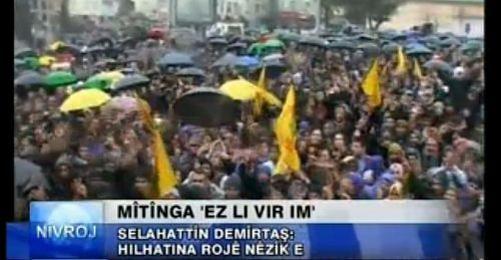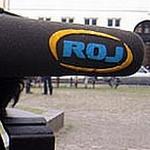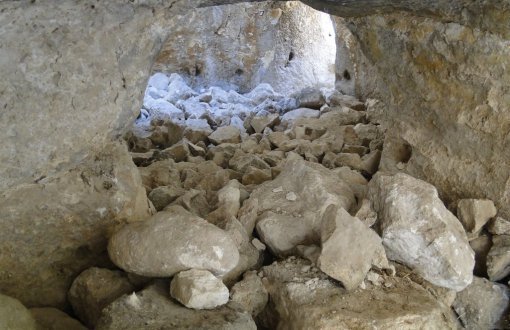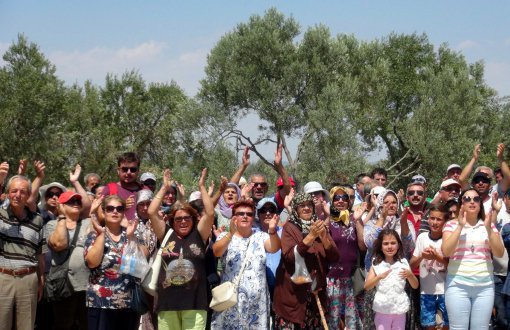On 18 January, Paris-based TV satellite operator Eutelsat decided to stop carrying the broadcasts of Copenhagen-based Kurdish TV station Roj TV. Reason for the suspension of the broadcast was the decree of a Danish court which found Roj TV guilty of supporting the armed outlawed Kurdistan Workers Party (PKK).
Reporters Without Borders (RSF) announced on their website, "We are shocked by this unilateral and outrageous decision violating freedom of expression. By suspending carriage of Roj TV's broadcasts, Eutelsat has done what the Danish court refrained from doing. The Danish did not order the closure of Roj TV, which has appealed against the fine it was ordered to pay.
According to IFEX, Eutelsat announced that, "because of the Danish court ruling, it had asked its distributors to stop uplinking Roj TV to its satellites 'in order to avoid incurring criminal liability as an accomplice to terrorist activities.'"
As of 22 January, Roj TV can only be watched via the internet.
"Our only source of current affairs"
What role does Roj TV play in the life of its Kurdish viewers?
Instructor Gülnaz Kaya describes Roj TV as a source of news for herself and her family:
"(...) For the generation of the elderly who do not know Turkish it is very important to be able to watch television in a language they know. My grandmother used to enjoy watching short programs and listening to music the most. For my parents, Roj TV is a news source of current affairs. For me it is the same".
"Our language, our eyes, our ears"
Peace Mother Havva Kıran would have Roj TV running in the background all day long. "It is our language, our eyes, ears, our everything. There is only one channel that sees us and talks about our problems; and now they closed it down. TRT Şeş does not say anything about us, so we do not even have it stored in our TV. Now I learned from the children how to watch Roj via the internet when the news starts".
Hüseyin Akyol, General Publications Director of the Özgür Gündem newspaper, said that Roj TV was reminding Kurds living all over the world to their being Kurdish so that they started to write and speak in Kurdish again.
Erkan Çapraz, editor-in-chief of Yüksekova News, indicated that Roj TV was the only alternative to the main stream media for Kurdish people living in Turkey.
"For Kurdish people, there is only the Turkish media and Roj TV that considers their own voice. We have been watching it since our childhood because my mother did not know a single word of Turkish. When the Kurdish language was forbidden, people were not able to listen to a Kurdish song or watch a movie. That is why Roj TV became so important for them".
From Med TV to Roj TV
Med TV, the first Kurdish television channel, started broadcasting in 1995 with a British licence. It was closed down in 1999 because it was "not conform to the principle of impartial broadcasting".
Thereupon, Medya TV was established with a French licence. Again after five years, in 2004, the channel discontinued broadcasting.
Roj TV has been broadcasting since March 2004 via satellite from Denmark and was received in 68 European and Middle-East countries. Broadcasts are in Kurdish, Turkish, Arabic and Syriac. The Roj TV company also includes the MMC Kurdish music channel.
In August 2010, a trial was opened against Roj TV in Denmark with the demand to either close the channel down or publicize it.
On 10 January 2012, a Danish court rejected the request to close down Roj TV and ruled for a monetary fine of DKK 65,000 (€8,700) issued to Roj TV and the Mesopotamia Broadcasting Company by reason of a violation of the Danish anti-terror law. The satellite channel was alleged of having connections with the PKK.
Thereupon, Eutelsat suspended the broadcast.
Roj TV announced to pursue efforts to continue the broadcast via a different satellite provider. (NV/VK)












